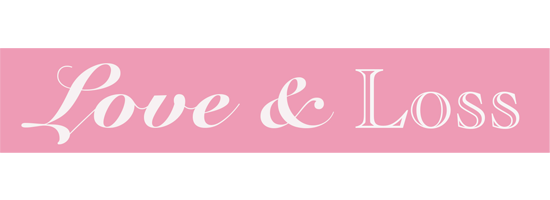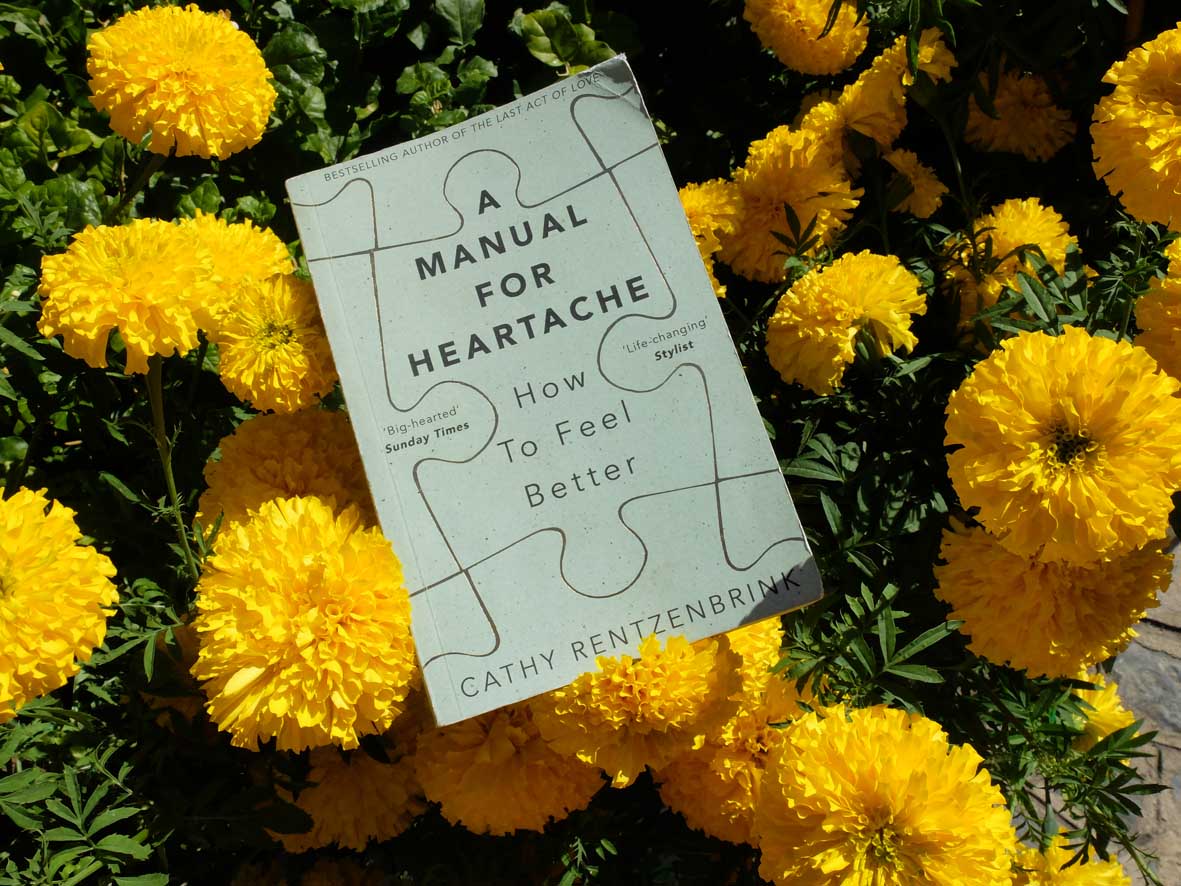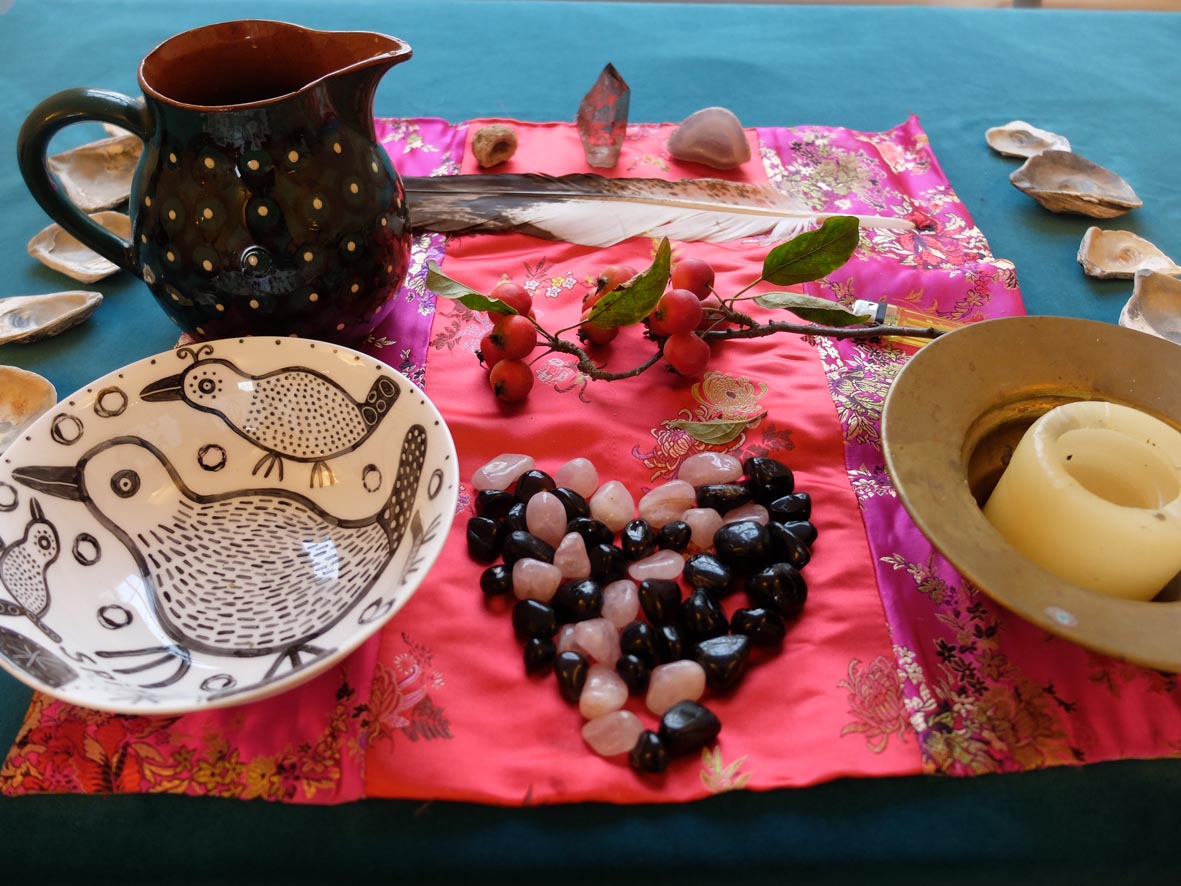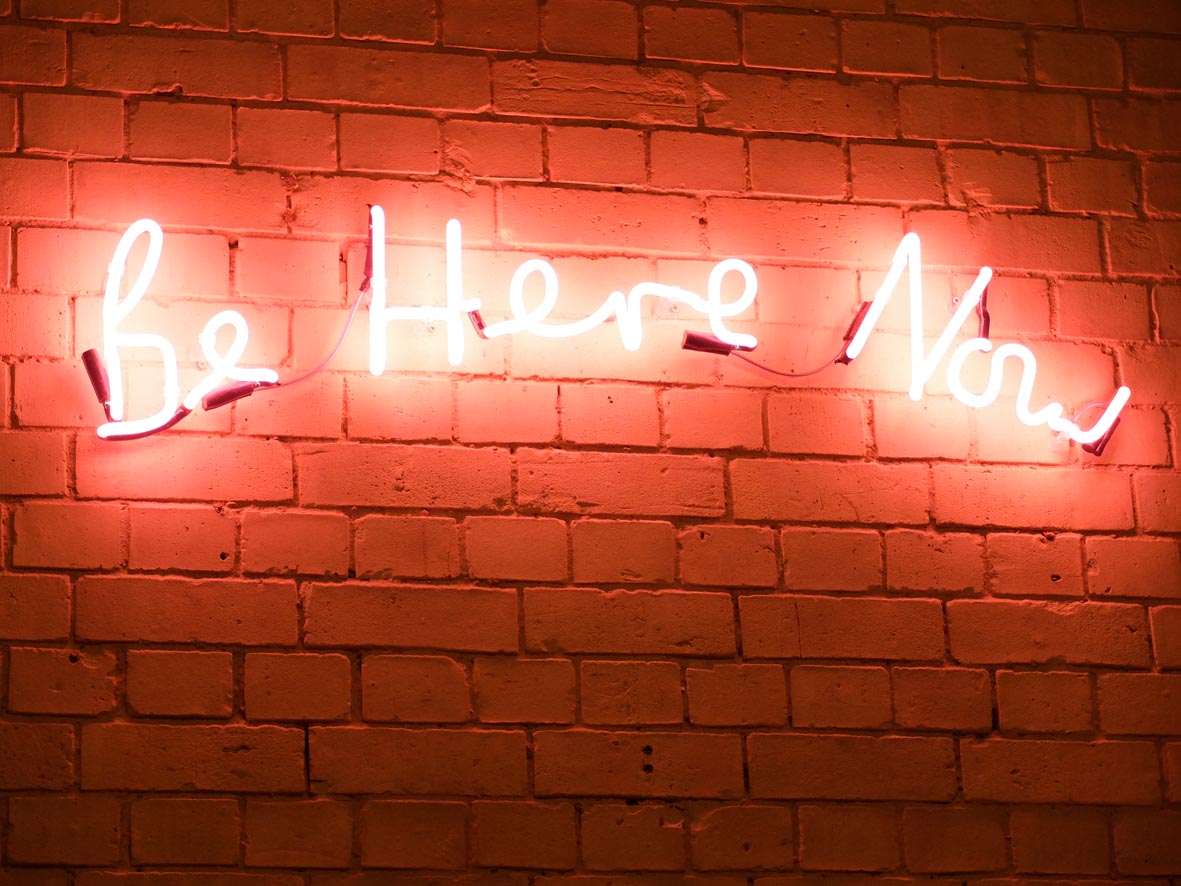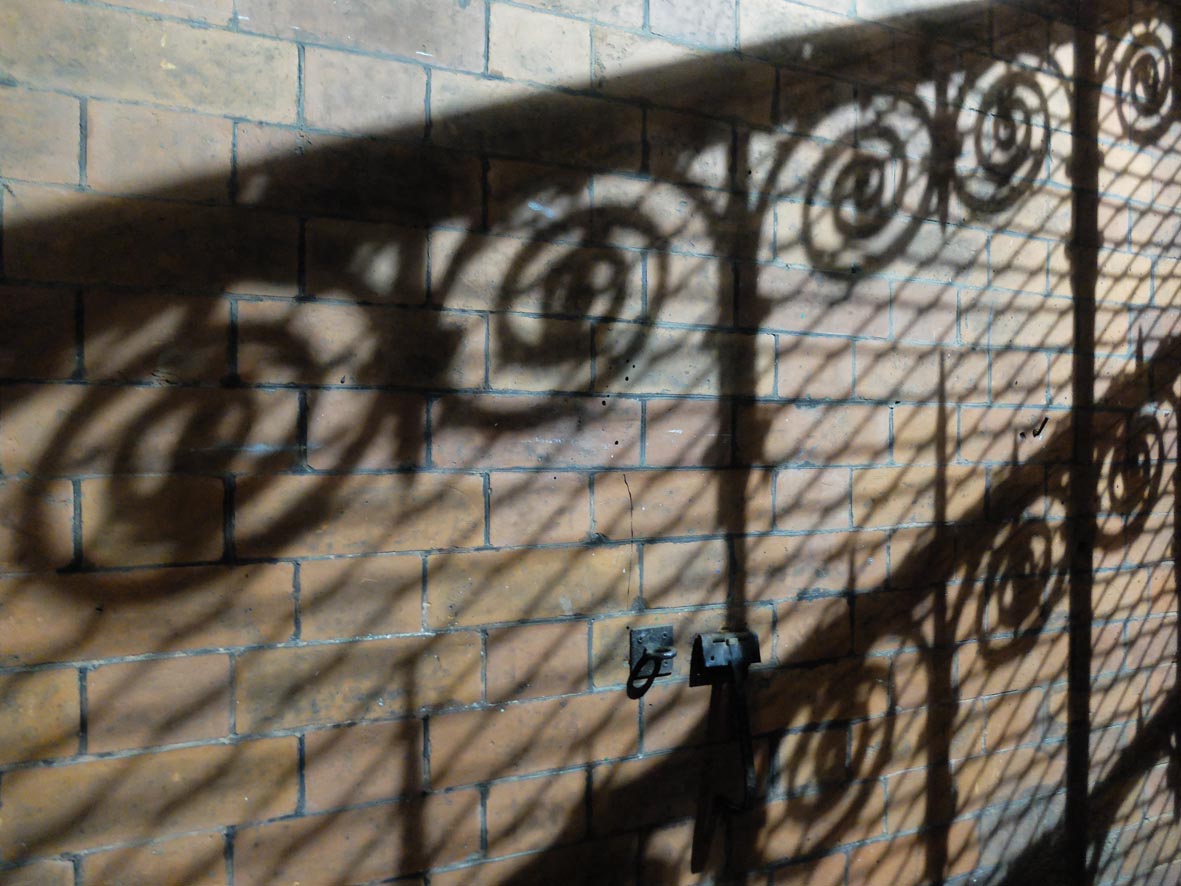22 Feb ‘All My Puny Sorrows’
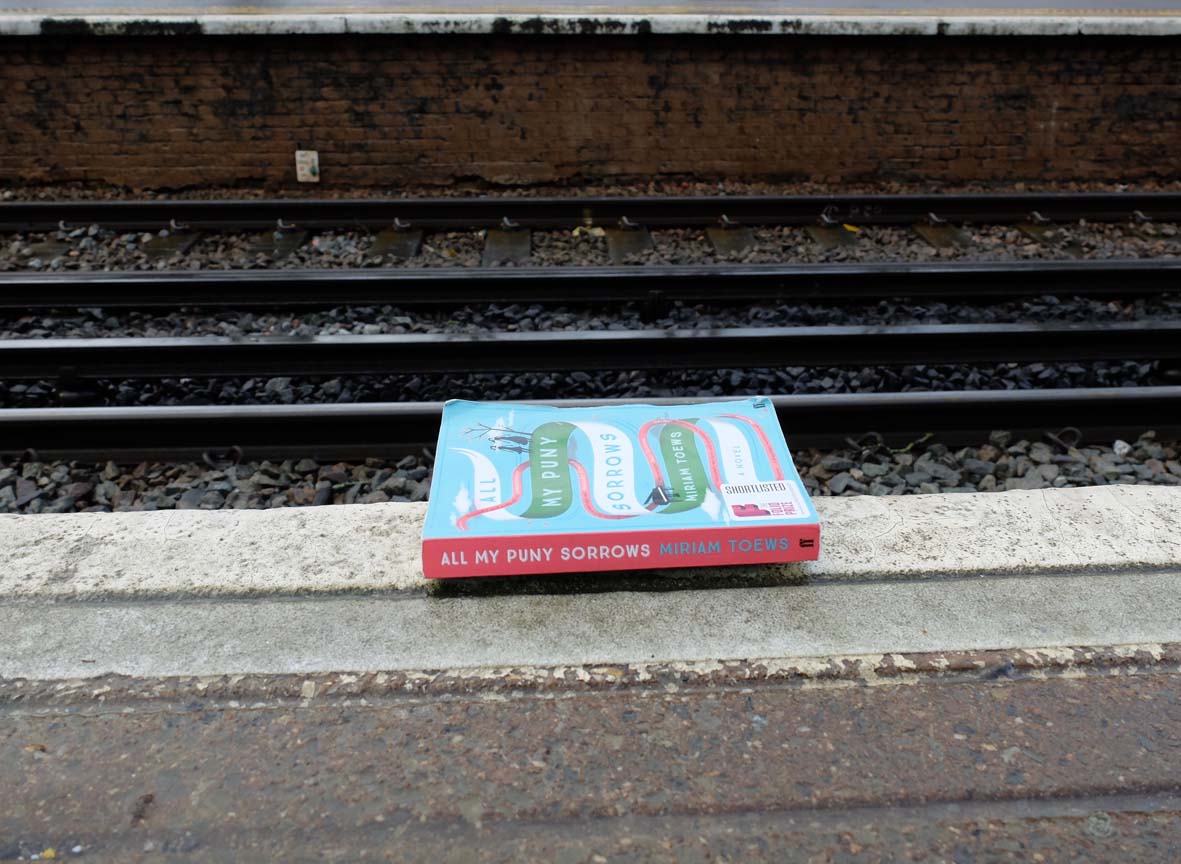 The novel’s title quotes from a poem by Samuel Taylor Coleridge, ‘On Receiving an Account That His Only Sister’s Death Was Inevitable’. Miriam Toews writes this poignant and unflinching tale based on the autobiographical details of her own family life. She writes with humour that sounds almost flippant about their family dynamics and troubles. She captures the senses of paradox that comes when dealing with difficult circumstances that co-exist with the common rituals of everyday life. Hence when a family member is sick, there can be a heightened intimacy, and yet provisions must still be bought, meals cooked, and cars repaired. There is a sense of melodrama in the unfolding story. She brings dark humour to the tragic circumstances her central protagonists find themselves in. “Now I couldn’t think or write. My fingers hated me. I was afraid that when I went to sleep I’d wake to find them wrapped around my throat.” Two sisters grow up in a family already carrying sorrow. One sister longs to end her life, the other, lives with anxiety and responsibility of care, which this creates. My own mother had a strong death urge, so I identified with the care-taking narrator, and the tension, which a preoccupation with suicide places within their relationship. Through descriptions of domestic details, and the unfolding narrative, I empathised with the complexity that comes from loving someone for whom depression is so bleak that annihilation is preferable; and how that desire affects everyone around them. Miriam Toews treads lightly around what might be considered a taboo theme. She describes all their ‘puny sorrows’ with grace and tenderness.
The novel’s title quotes from a poem by Samuel Taylor Coleridge, ‘On Receiving an Account That His Only Sister’s Death Was Inevitable’. Miriam Toews writes this poignant and unflinching tale based on the autobiographical details of her own family life. She writes with humour that sounds almost flippant about their family dynamics and troubles. She captures the senses of paradox that comes when dealing with difficult circumstances that co-exist with the common rituals of everyday life. Hence when a family member is sick, there can be a heightened intimacy, and yet provisions must still be bought, meals cooked, and cars repaired. There is a sense of melodrama in the unfolding story. She brings dark humour to the tragic circumstances her central protagonists find themselves in. “Now I couldn’t think or write. My fingers hated me. I was afraid that when I went to sleep I’d wake to find them wrapped around my throat.” Two sisters grow up in a family already carrying sorrow. One sister longs to end her life, the other, lives with anxiety and responsibility of care, which this creates. My own mother had a strong death urge, so I identified with the care-taking narrator, and the tension, which a preoccupation with suicide places within their relationship. Through descriptions of domestic details, and the unfolding narrative, I empathised with the complexity that comes from loving someone for whom depression is so bleak that annihilation is preferable; and how that desire affects everyone around them. Miriam Toews treads lightly around what might be considered a taboo theme. She describes all their ‘puny sorrows’ with grace and tenderness.
